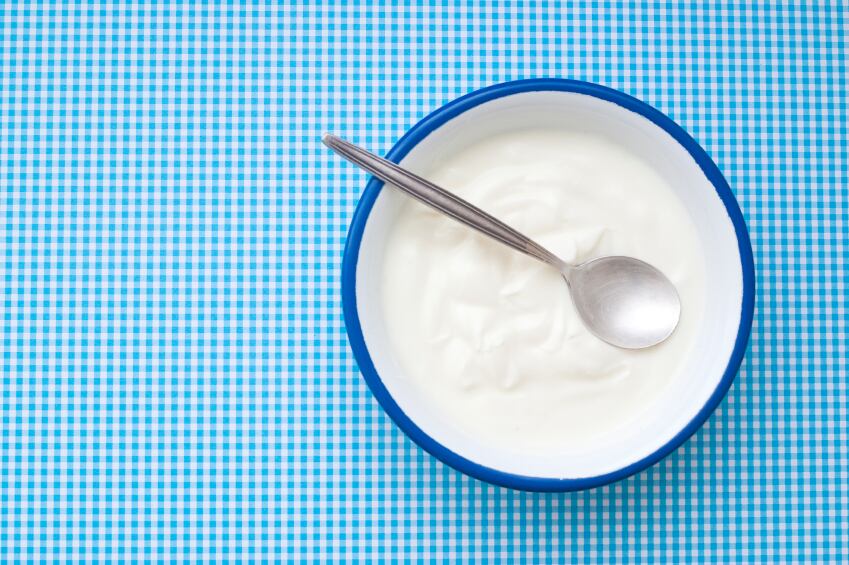Writing in the journal Nutrients, the Russian scientists detail the influence of fermented dairy products (FDP) fortified with probiotic microbes on promoting shifts in microbiota gut species.
These species are linked to benefits associated with inflammatory, hormonal, and cardiovascular management and function.
“The microbiome of different people has individual characteristics, therefore, it responds to the diet differently,” said Alexander Tyakht, researcher at Information Technologies, Mechanics and Optics (ITMO) University.
“However, by analysing the baseline state of the microbiome, we can predict how the microbiome will respond to the diet.”
The team add the results are a starting point for further microbiota analysis to identify optimal probiotics to support personalised nutrition recommendations based on individual gut microbial community structure and function.
PepsiCo-supported study
The PepsiCo-supported study uses 16S rRNA gene sequencing to detail this foods’ impact on the Bifidobacteria strain in more detail, which according to the team better characterises the interactions between probiotic microbes and gut microbial species.
One mechanism of action that could benefit from fermented food intake is the increased production of short chain fatty acids (SCFA) - possible biomarkers associated with healthy gut function.
Along with colleagues from UK-based Atlas Biomed Group, the team enrolled 150 healthy volunteers who consumed 125 millilitres of yogurt with probiotics (Bifidobacterium animalis subsp. lactis BB-12) in the morning and evening during thirty days.
Gut microbiota metagenome was analysed for each volunteer on the first day of the study and after 30 days.
The analysis revealed changes in the ratio of different species of microbes particularly the Bifidobacterium genus, as well as Adlercreutzia equolifaciens and Slackia isoflavoniconvertens.
At a functional level, the team found an increased capacity to metabolise lactose and synthesize amino acids as well as a lowered potential for synthesis of lipopolysaccharides.
Depending on the baseline composition of the microbiota, the intensity of changes was different, but according to the team, the change was positive.
The team also found there was an increase of other Actinobacteria, including several species of the Coriobacteriaceae family.
They cited higher levels of lactose in the diet provided by regular intake of the yoghurt as reason behind the increased numbers.
‘Increasing antioxidant capacity’
“These taxa (Actinobacteria) have a specific ability to metabolise lactose to lactate,” the study said.
“Meanwhile, a part of the lactose originally derived from dairy products remains intact during preparation of FDP, is incompletely digested in small intestine and reaches the large intestine.
The study goes on to describe Actinobacteria as possessing specific metabolic functions that contribute to general human health.
This is achieved via its role in the metabolism of food components that increase antioxidant capacity.
Despite the study’s findings, the team pointed out that FDP consumption represented a relatively small change in total daily dietary intake of volunteers.
This is in comparison with changing the diet to follow certain recommendations, e.g., increasing total dietary fibre consumption by including more fruit, vegetables, and whole grains into diet.
Source: Nutrients
Published online: doi:10.3390/nu11030547
“Human Gut Microbiome Response Induced by Fermented Dairy Product Intake in Healthy Volunteers.”
Authors: Olesya Volokh et al

